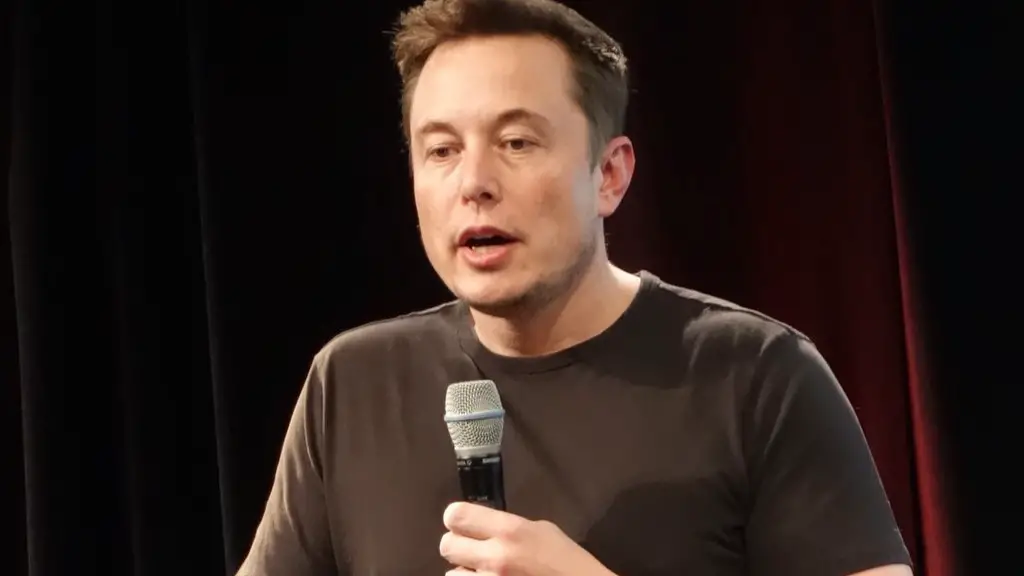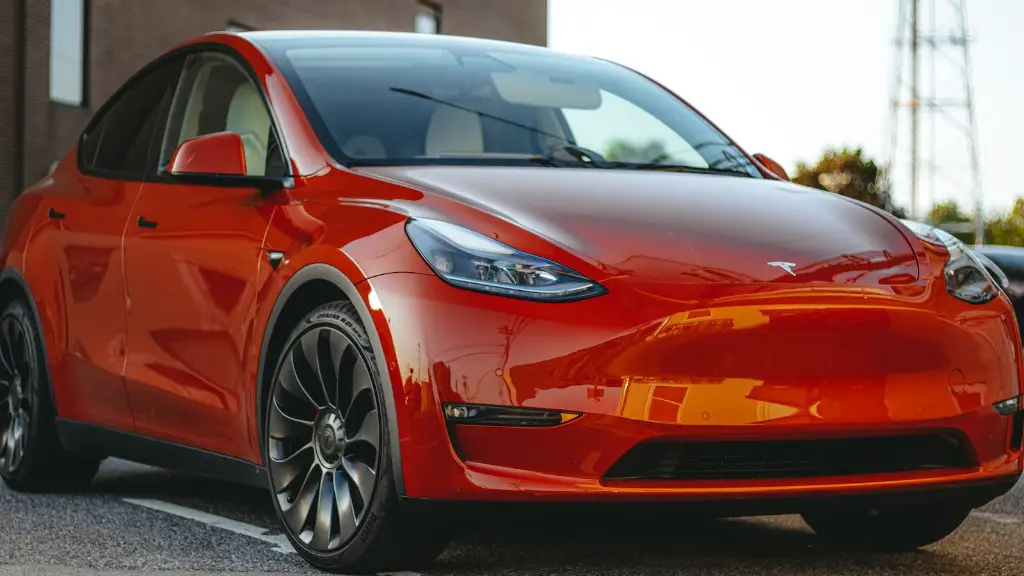The ongoing debate regarding whether Elon Musk should own Twitter has been making headlines recently, but the situation is more complex than it appears. Critics have argued that Musk is too outspoken to own the social media platform, while many have welcomed the idea. To this end, it is important to examine the pros and cons of Musk owning Twitter in more depth.
Musk’s qualifications to own and operate Twitter are certainly up to par. He is a successful CEO and entrepreneur with a notable track record. His company, SpaceX, has achieved incredible feats such as launching and retrieving a spacecraft, and his electric vehicle business, Tesla, has disrupted the automotive industry. Musk has also put forth bold ideas such as creating a supersonic passenger plane and creating a tunnel under the city of Los Angeles. Musk’s ability to think outside the box and turn ideas into tangible reality could prove useful for Twitter.
That said, there are also downsides to Musk owning the platform. The most obvious concern is that the majority of Musk’s statements are reactive, rather than proactive. He has a tendency to post something, and then delete or backtrack on it later. This could have serious repercussions if he were operating Twitter, as he could make rash and uninformed decisions that would cause problems for Twitter users.
Experts in the field also have mixed reactions when it comes to Musk owning Twitter. While some argue that Musk could help the platform innovate and bring about new ideas, others counter that he might bring about too much chaos and that his presence could damage Twitter’s reputation. There are also concerns about how transparent Musk would be in regards to his operations on the platform.
Finally, it is worth noting that even if Musk did own Twitter, it is not likely that he would be the sole owner. Twitter is a publicly traded company and as such, he would have to compete with all of the other shareholders and take into consideration their opinions when making decisions.
Practical Consequences of Musk’s Ownership of Twitter
If Musk were to own Twitter there would be both positive and negative practical consequences. First, Musk is renowned for his disruptive innovation, so Twitter users could expect the platform to change significantly. On the one hand, this could cause upheaval, but on the other, it could bring a fresh set of ideas to the platform and make it even more successful.
The financial implications could also be significant. Currently, Twitter is part of the S&P 500, a benchmark that is used to measure the performance of the stock market. If Musk were to take ownership, this could influence its current valuation and how it is viewed by investors.
Musk’s also notorious for making fairly outlandish (and sometimes false) promises. If he were to use Twitter as a platform to make such promises, this could lead to a great deal of uncertainty. Some users may report feeling uncertain about their investments in the company, which could lead to a selloff and ultimately erode investors’ confidence in Twitter.
Finally, Musk’s ownership of Twitter could bring with it higher levels of volatility. This could mean that more extreme changes, such as shifts in user experience or drastic price fluctuations, could occur without warning.
Ethical Considerations
Though the potential to bring a flurry of positive changes to Twitter is there, many have raised ethical concerns surrounding Musk’s potential ownership. He could use his power to censor those who oppose his views, or even discriminate against certain groups.
Additionally, the implications of Musk’s presence on the platform could make users feel unsafe, as his volatile tweeting habits are well documented. If he were to use it as a platform for personal attacks or to degrade minorities or other vulnerable groups, this could have serious repercussions onTwitter users’ mental health.
Moreover, it is not clear how much control Musk would actually have over the platform. What happens if an internal disagreement leads to a schism with the other shareholders? Would Musk be able to wield power over them, or would it be a complete deadlock?
Ultimately, these questions need to be considered before any decisions are made as to whether Musk should own Twitter or not.
Other Factors to Consider
Apart from practical and ethical concerns, there are also larger questions surrounding the potential of Musk owning Twitter. What impact would it have on other tech companies, the wider economy, and
the future of digital media?
Another key question is whether the decision would be good for Twitter’s users. Will they be left to suffer under Musk’s decisions, or will they benefit from them? There are also concerns about how much influence Musk would actually have over the platform, and how his presence would affect decisions made by other stakeholders.
In any case, it is clear that the decision to give Musk control of Twitter will have far-reaching implications. It is therefore essential that any and all aspects of the situation are considered before any decision is taken.
Legal Considerations
Though the debate of whether Musk should or should not own Twitter has been raging for some time, the legal implications of such a decision have not been adequately discussed. Though it is unlikely that Musk will be reprimanded due to antitrust laws, it is worth considering that his ownership could be seen as a form of monopoly, given his market control within the tech industry.
Moreover, Musk has made a number of controversial statements in the past, such as his infamous ‘funding secured’ tweet. As a result, it is unclear whether he would be allowed to own Twitter since the company does not condone libel or defamation.
It is also important to consider the implications of Musk’s ownership from a corporate governance perspective. The majority of shareholders will have to trust him to make the right decisions regarding the future of Twitter, which could be difficult given his tendency to be impulsive and outspoken.
These legal considerations must be taken into account when determining whether Musk should be allowed to own Twitter or not.
Public Opinion
The public opinion on Musk owning Twitter is largely split. On one hand, there are those who have expressed support for the idea, seeing it as a way to bring a breath of fresh air to an otherwise stale platform. On the other hand, there are those who regard the idea with suspicion, arguing that he could bring too much chaos and potentially even damage the platform.
That said, it is worth noting that Musk is a figure of public fascination. His presence on Twitter could potentially draw more attention to the platform, and thus increase user engagement. This could boost the platform’s performance and attract more users and investors, which could be beneficial for Twitter.
It is also important to bear in mind that many users have expressed support for the idea of him owning Twitter as long as it does not lead to any ethical issues. The majority are undecided and are waiting to see what Musk has to offer before making a definitive judgement.
Other Issues to Consider
In addition to the practical, ethical, legal and public opinion-based issues surrounding Musk’s potential ownership of Twitter, there are several other matters to take into account. For one, it is not known exactly how much control Musk would have over the platform, as Twitter is a publicly traded company and other stakeholders will have a say as well.
In addition, the relationship between Musk and Twitter’s current CEO, Jack Dorsey, is unclear. Will Musk replace him, or will he work alongside him? The implications of this are unknown, as Dorsey has been at the helm of Twitter since its inception.
Finally, there is the question of the regulatory environment. Twitter is a US-based company with strict guidelines and regulations in place. It is not clear if Musk would be required to abide by them or if he would introduce his own set of rules.
Ultimately, before any decisions can be made regarding Musk owning Twitter, all of these issues and more need to be explored in more depth.



